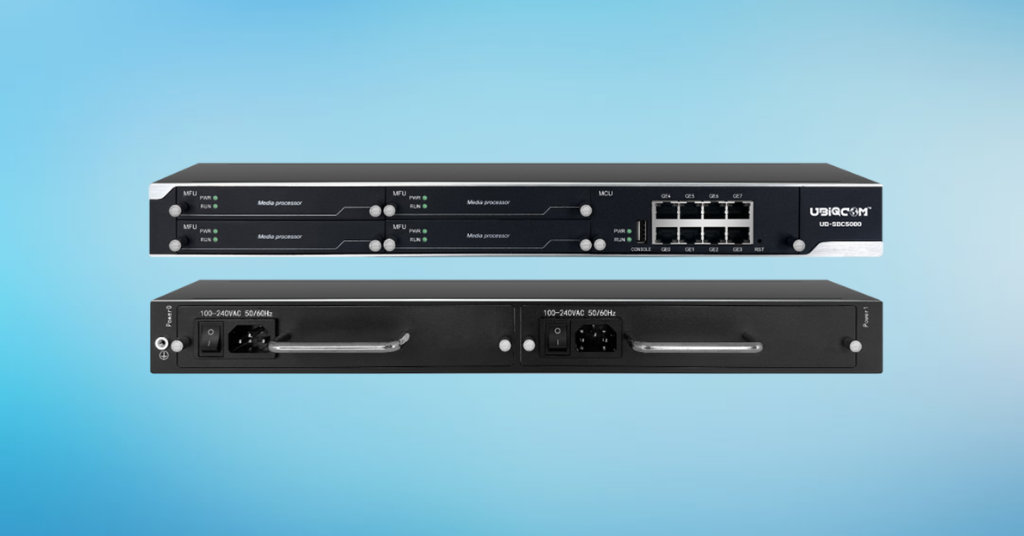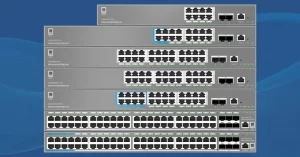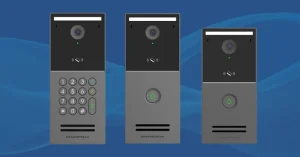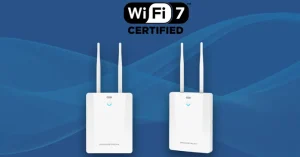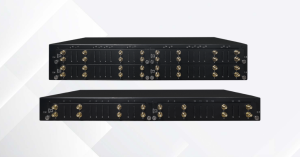In today’s digital-first world, businesses rely heavily on real-time communication platforms such as VoIP, SIP trunking, and unified communications (UC). With this increased dependence comes a greater need for security, performance, and reliability. Many organizations assume that traditional firewalls are sufficient to protect their communication networks—but in reality, firewalls alone cannot handle the complexities of modern VoIP traffic. This is where a Session Border Controller (SBC), like the advanced solutions offered by UBIQCOM, becomes essential.
Rather than choosing between firewalls and SBCs, enterprises must recognize why both are crucial to building a secure and efficient communication infrastructure.
Understanding the Role of Traditional Firewalls
Firewalls have long been a cornerstone of IT security. They control traffic entering and leaving a network based on predefined rules, protecting against malware, unauthorized access, and common cyber threats.
For voice and data networks, firewalls offer:
- Basic Network Protection: Guards against unauthorized access.
- Traffic Filtering: Monitors inbound and outbound network packets.
- DDoS Mitigation: Blocks high-volume, malicious traffic.
- Network Segmentation: Creates multiple security layers by dividing networks.
While essential, firewalls are not designed to interpret or manage SIP signaling, VoIP sessions, or real-time communications. This can result in poor call quality, dropped calls, or exposure to toll fraud and SIP-based attacks.
What is a Session Border Controller (SBC)?
A Session Border Controller is a specialized device or software built to secure and manage real-time communication sessions. Unlike firewalls, SBCs operate at both the signaling and media levels, ensuring seamless interoperability, high-quality voice calls, and strong security.
UBIQCOM SBCs provide enterprises with:
- VoIP Security: Protection against SIP flooding, toll fraud, and eavesdropping.
- Interoperability: Bridges different SIP implementations between carriers and enterprise systems.
- Quality of Service (QoS): Prioritizes voice traffic for clear, uninterrupted calls.
- Encryption: Secures voice and video streams with TLS/SRTP.
In short, SBCs go beyond packet filtering—they ensure communication is secure, compliant, and reliable.
SBC vs. Traditional Firewalls: Key Differences
| Feature | Traditional Firewalls | SBC |
|---|---|---|
| Primary Role | Network protection | VoIP/UC protection & optimization |
| Traffic Type | General data packets | SIP, RTP, VoIP sessions |
| Security Focus | Malware, intrusion, unauthorized access | SIP attacks, toll fraud, DoS on VoIP |
| Call Quality | No optimization | Ensures QoS & minimal latency |
| Interoperability | Not supported | Bridges carriers, PBXs, and devices |
| Encryption | Limited | Advanced TLS/SRTP encryption |
| NAT Traversal | Complex setup | Simplified, built-in handling |
This comparison highlights that while firewalls defend the broader network, SBCs are purpose-built to protect and optimize real-time communications.
Why Enterprises Need Both SBCs and Firewalls
Many organizations mistakenly choose one over the other. For a truly secure and high-performing system, both are essential:
- Comprehensive Security: Firewalls block general cyber threats, while SBCs focus on communication-specific attacks. Together, they form a multi-layered defense.
- Quality of Experience (QoE): Firewalls don’t prioritize voice traffic, but SBCs ensure uninterrupted, high-quality calls—critical for customer-facing operations.
- Regulatory Compliance: Industries requiring encrypted communication rely on SBCs for compliance alongside firewall protections.
- Future-Proofing: As businesses adopt UCaaS, cloud calling, and SIP trunking, SBCs enable smooth integration while firewalls continue to protect the overall IT environment.
UBIQCOM SBC: Strengthening Communication Networks
UBIQCOM SBC solutions are designed for enterprises seeking both robust security and reliable communication. When paired with traditional firewalls, they provide:
- Seamless SIP connectivity with carriers and PBX systems.
- Optimized voice and video traffic for superior performance.
- Advanced protection against VoIP-specific cyberattacks.
- Scalability to support growing business needs.
By combining UBIQCOM SBCs with firewalls, enterprises not only fortify network security but also unlock the full potential of modern communication systems.
Final Thoughts
The question isn’t “SBC vs. Firewall”—it’s “SBC and Firewall.” Firewalls protect the enterprise from general cyber threats, while UBIQCOM SBCs ensure secure, high-quality communication across VoIP and SIP networks. Together, they create a resilient, future-ready communication infrastructure.

